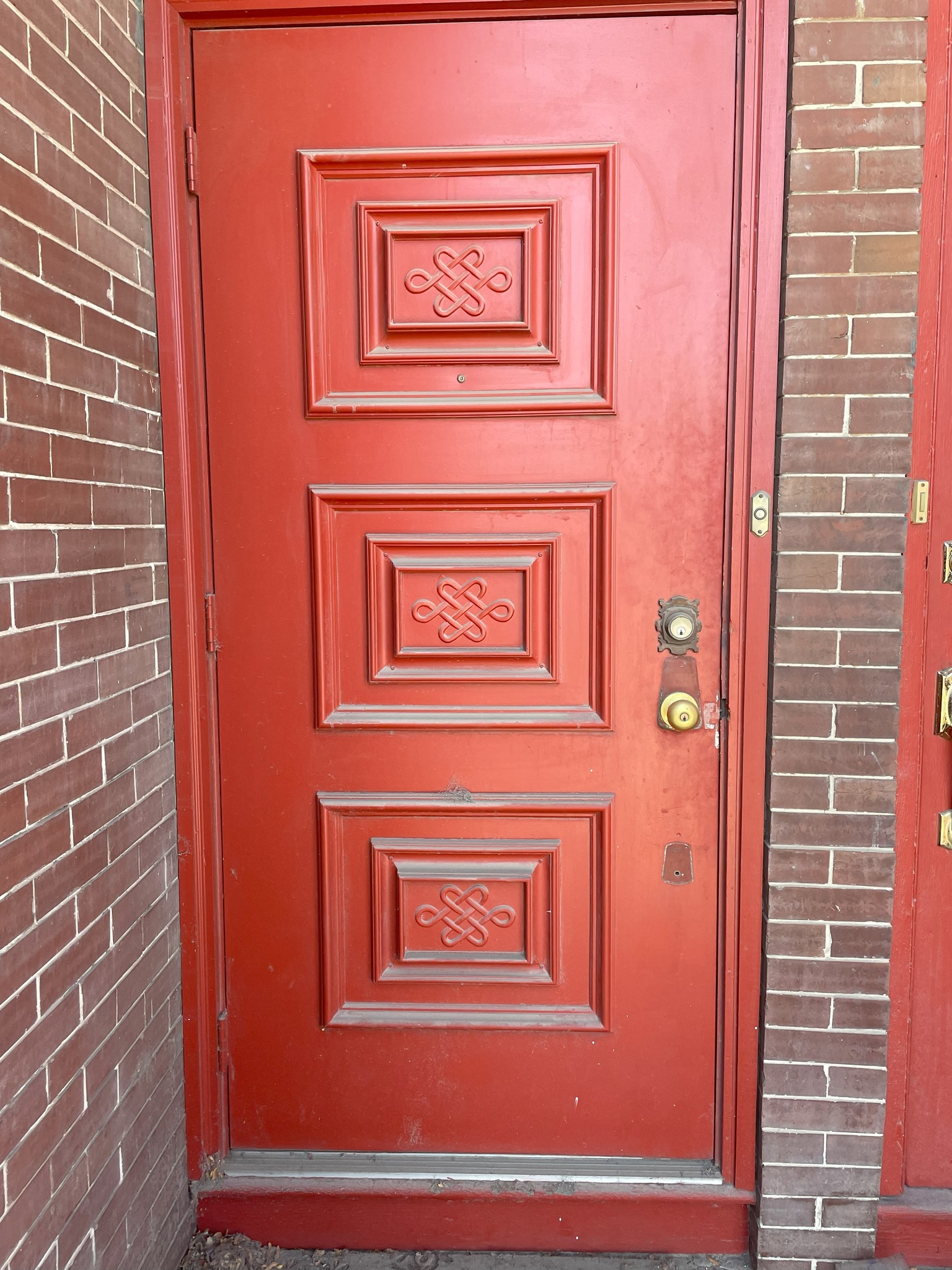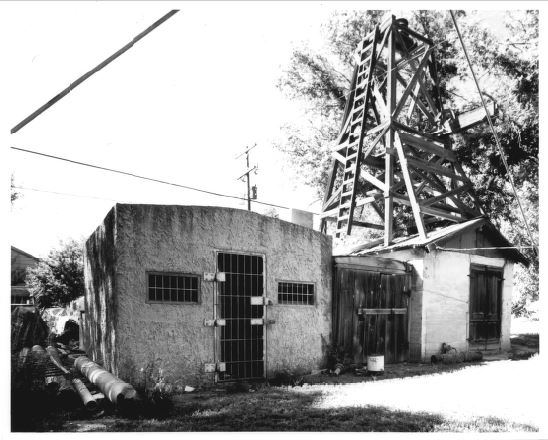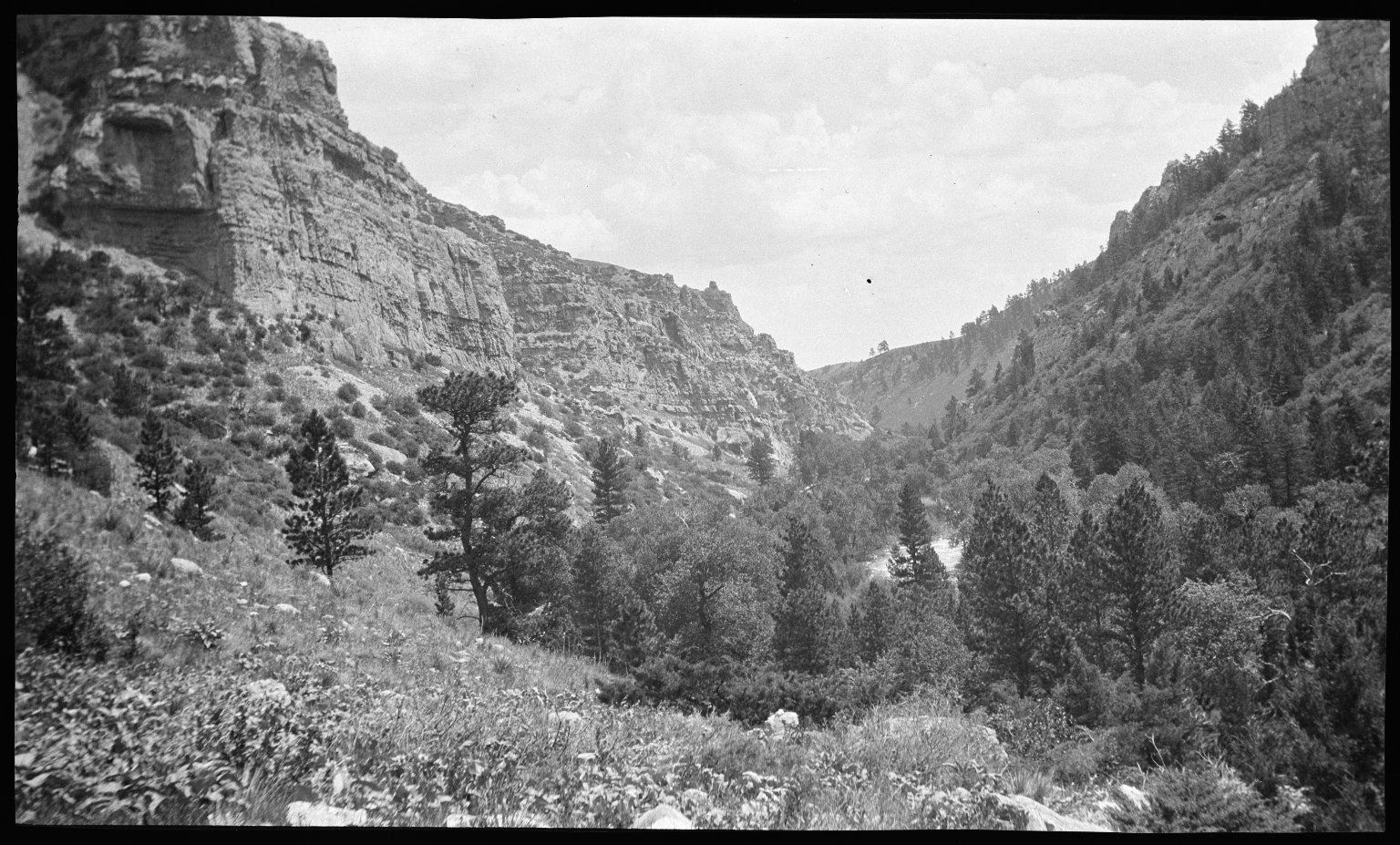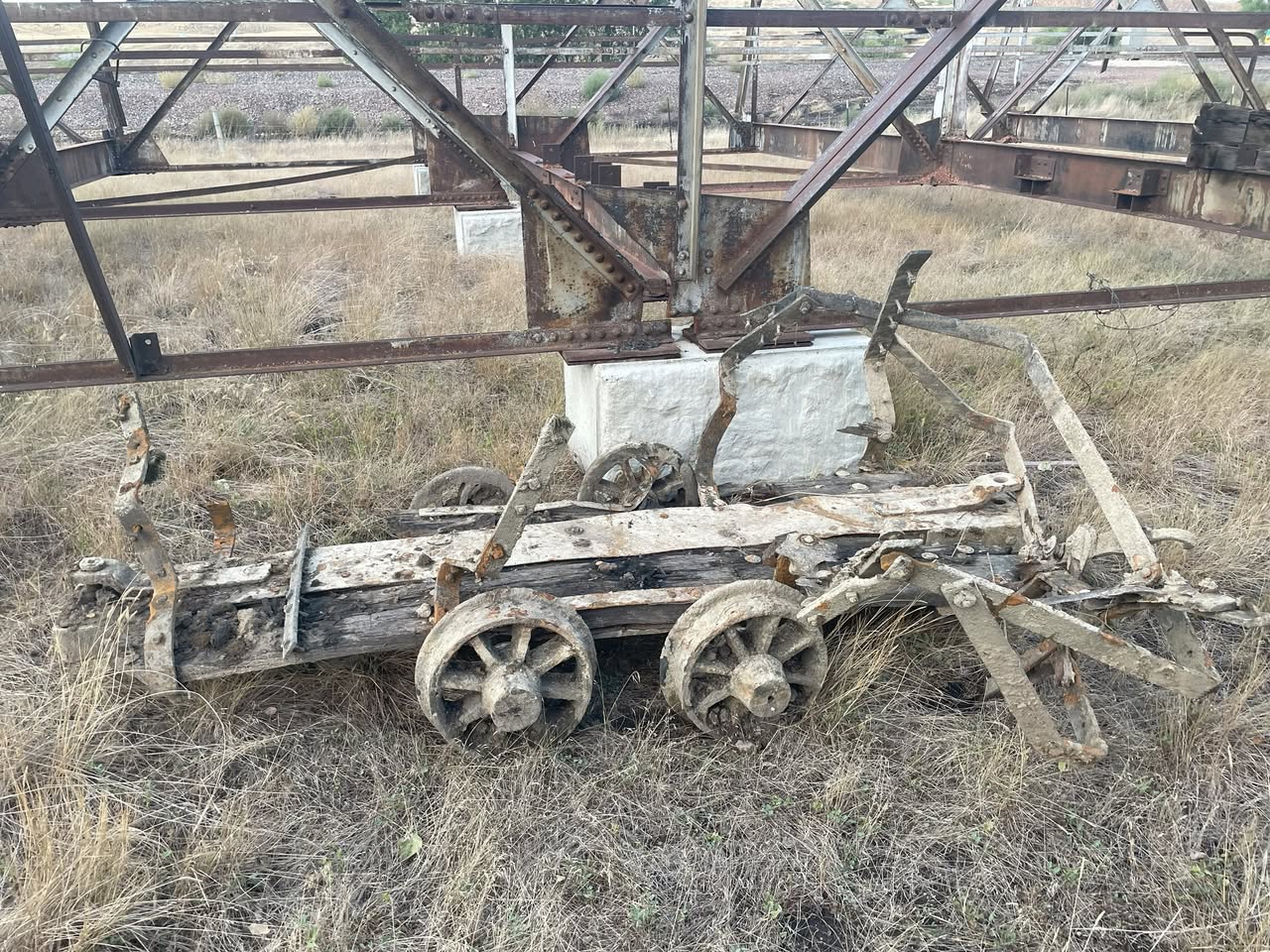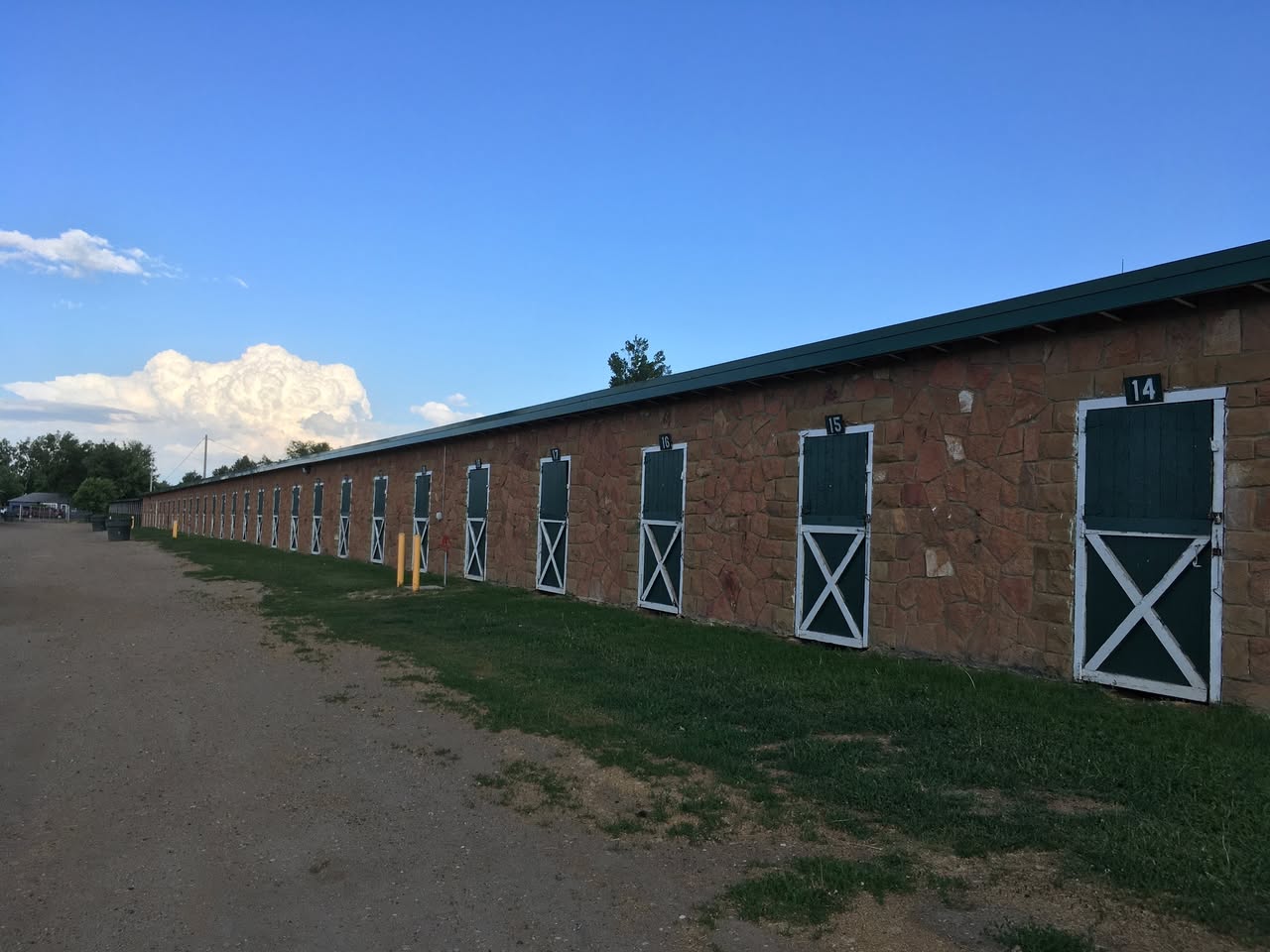
For this #TBT, we recollect the story of Hot Tamale Louie.
In 2015, when a mosque opened in Gillette, many people were surprised that Wyoming had a Muslim population at all. Some were angry. As a result, Wyoming, and the nation, came to respect and honor the all-American legacy of Sheridan resident Zarif Khan, known as “Hot Tamale Louie,” whose descendants have called Wyoming home for over 100 years.
Anger directed toward the idea of a mosque in Wyoming came primarily from a group called “Stop Islam in Gillette” that made threats against those who organized and funded the mosque, including members of the Khan family. The FBI eventually got involved and, in the end, the mosque opened without incident.
The controversy got the attention of national news media, and a 2016 New Yorker article titled “Citizen Khan” explored the story in depth.
Born in Afghanistan around 1887, Khan grew up poor and surrounded by conflict. According to his descendants, he left Afghanistan at twelve years old. He arrived in Sheridan in 1909. By every account, the people of Sheridan welcomed and accepted him.
Zarif opened a restaurant featuring cheap tamales and hamburgers and worked hard keeping his restaurant open every day. He had a reputation as an honest, fair man who welcomed everyone and only refused service to brawlers and drunks. He was known to give those down on their luck food on credit.
Zarif married, had kids, and became a fixture of the Sheridan community, where he had gained the nickname Hot Tamale Louie. He also learned about investing and eventually made a small fortune (though no one knew about it until they read his will). Eventually, Zarif became a naturalized citizen. His petition was witnessed by the general counsel for the city of Sheridan and one of its former mayors. Five months after receiving his paperwork, he was sued by the federal government for having “illegally procured” his citizenship.
“Even though he is a white man, the fact that he was born in Asia and not in Europe may deprive Zarif Kahn, ‘Hot Tamale Louie,’ from his citizenship gained last November,” the Post Enterprise wrote on August 15, 1926. “Citizenship laws permit only Caucasians and Africans to become citizens, and a series of Supreme Court decisions have interpreted the term “Caucasians” as meaning only those Caucasians from Europe–excluding those from Asia, R.G. Diefenderfer, attorney for Kahan, said Saturday. Khan, who was born and lived his early life at Barra Kabul, Afghanistan, insists that he is as Caucasian and is as “white”‘ as any European.”
On December 30, 1926, a judge declared him “forever restrained and enjoined from setting up or claiming any right, privilege, benefit, or advantage whatsoever” of U.S. citizenship.
In 1964, on a trip to visit family in Bara, Afghanistan, Zarif was murdered by his great grandnephew, who was angry Zarif wouldn’t share his money.
Zarif’s family and the town of Sheridan mourned.
Time passed, memories faded, and now the Khan family numbers in the hundreds, living all around the Rocky Mountain region.
After the events surrounding the Gillette mosque, Dana Arbaugh, retired Lt. Col. of the U.S. Air Force, was inspired to honor Khan with a statue placed in Sheridan’s Grinnell Plaza adjacent to where “Hot Tamale Louie” once served food. Others were eager to raise funds for the sculpture and approached the Wyoming Community Foundation for help.
The sculpture was unveiled to a crowd, including many of Khan’s descendants, on April 28, 2018. His grandson Bhadshah Khan played “My Country ’tis of Thee” on the saxophone to begin the program.

